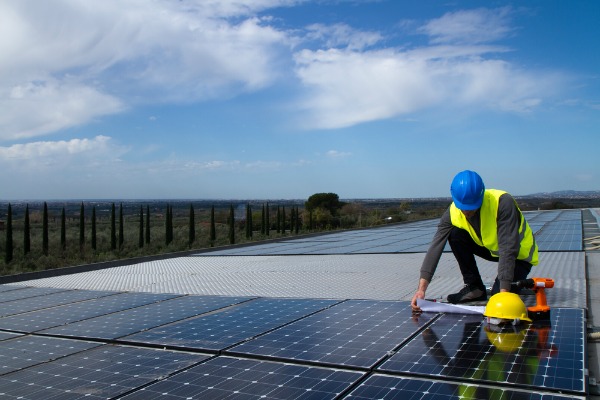East Africa has made big strides in getting electric power to their people in recent years, a multi-agency report has shown.
According to the report,Ethiopia, Kenya and Tanzania all increased their electricity access rate by three per cent or more annually between 2010 and 2016.
The survey dubbed ‘Tracking SDG7: The Energy Progress Report’ from five international agencies among them the World Bank and International Energy Agency, also says that for the first time in history, the number of people living without electricity in sub-Saharan Africa had begun to fall.
The number of people gaining access to power has been accelerating since 2010, but needs to ramp up further to achieve universal access to electricity by 2030. If current trends continue, an estimated 674 million people will still live without electricity in 2030
The number of people living without access to electricity in 2016 was a billion, or 13 percent of the global population, with the vast majority in rural parts of sub-Saharan Africa and South Asia.
The report released in Lisbon, also raises concerns over slow progress in using less-polluting fuels in the kitchen.
Three billion people – or more than 40 per cent of the world’s population – do not have access to clean cooking fuels and technologies. Household air pollution from burning biomass for cooking and heating is responsible for some four million deaths a year, with women and children at the greatest risk.
“We must be more ambitious in harnessing the power of renewable energy to meet sustainable development and climate goals, and take more deliberate action to achieve a sustainable energy future,” said Adnan Z. Amin, director-general of the International Renewable Energy Agency, which worked on the report.
Overall, the world is lagging on its global energy targets for 2030 set as part of the Sustainable Development Goals (SDGs).
Tracking SDG7: The Energy Progress Report is a joint effort of the International Energy Agency (IEA), the International Renewable Energy Agency (IRENA), United Nations Statistics Division (UNSD), the World Bank, and the World Health Organization (WHO).
READ:
Renewable energy sources gain traction globally- IEA

